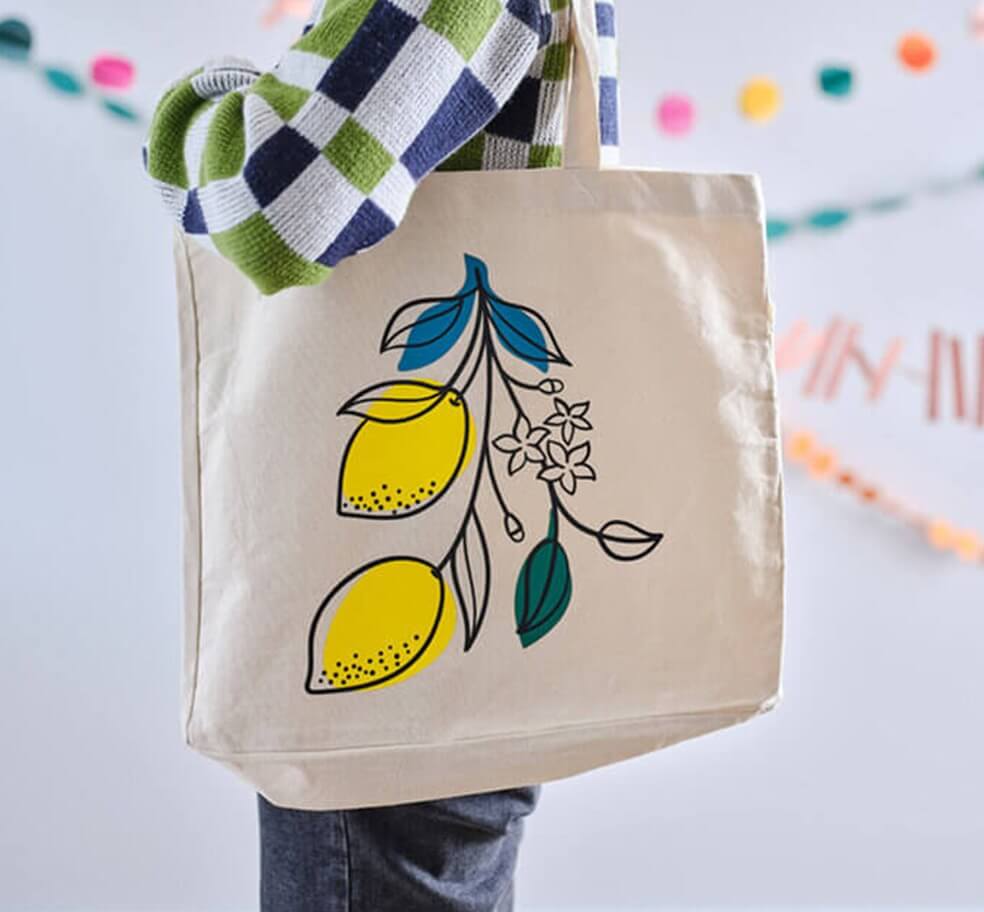In today’s world, where environmental sustainability is increasingly becoming a top priority, the detrimental impact of single-use plastics has come under intense scrutiny. The proliferation of plastic waste in our oceans and landfills has prompted a global call for action. As a result, the spotlight has shifted towards the exploration and adoption of Eco-Friendly Alternatives to single-use plastics. This paradigm shift presents an opportunity for innovation and the creation of sustainable solutions that not only mitigate environmental harm but also contribute to the Circular Economy.
The Urgency of Sustainable Solutions
The urgency to address the issue of single-use plastics cannot be overstated. With millions of tons of plastic waste entering our ecosystems each year, the need for sustainable alternatives has never been more pressing. Traditional plastics take centuries to decompose, leading to long-term environmental damage and posing significant threats to marine life. Moreover, the production of plastics contributes to greenhouse gas emissions, further exacerbating climate change.
Biodegradable Packaging: A Promising Solution
One of the most promising alternatives to single-use plastics is Biodegradable Packaging. Unlike traditional plastics, which persist in the environment for centuries, biodegradable materials break down naturally over time, leaving behind no harmful residues. These materials are derived from renewable sources such as plant starch, cellulose, or even algae, making them inherently more sustainable.
Reusable Shopping Bags: Redefining Convenience and Sustainability
Another impactful solution to the single-use plastics problem is the widespread adoption of Reusable Shopping Bags. By encouraging consumers to switch from disposable plastic bags to durable, reusable alternatives, we can significantly reduce plastic consumption and waste. Reusable bags come in various materials such as cotton, jute, or even recycled plastics, offering consumers a convenient and eco-friendly option for carrying groceries and goods.
Compostable Cutlery: Tackling Plastic Pollution at the Source
In the quest for sustainable alternatives, Compostable Cutlery has emerged as a viable solution to the ubiquitous plastic utensils used in food service industries. Made from biodegradable materials such as cornstarch or sugarcane pulp, compostable cutlery offers the same functionality as its plastic counterparts but without the environmental repercussions. These utensils can be composted along with organic waste, diverting them from landfills and closing the loop on waste disposal.
Success Stories: Businesses Leading the Way
Across the globe, forward-thinking businesses are embracing eco-friendly alternatives to single-use plastics and reaping the rewards of their sustainable practices. From local cafes implementing compostable packaging to multinational corporations phasing out plastic straws, there are countless success stories illustrating the feasibility and benefits of sustainable solutions.
Case Study: Patagonia’s Commitment to Sustainability
Outdoor apparel company Patagonia is a shining example of a business that has integrated sustainability into its core values. Through initiatives like the “Worn Wear” program, which promotes repairing and reusing clothing, Patagonia has demonstrated its dedication to reducing waste and minimizing its environmental footprint. By prioritizing durability and longevity over disposability, Patagonia has built a loyal customer base that aligns with its commitment to environmental stewardship.
Case Study: Package Free Shop’s Zero-Waste Mission
Package Free Shop, a Brooklyn-based retailer, is on a mission to empower consumers to live a zero-waste lifestyle. By curating a range of Sustainable Products, including reusable water bottles, compostable toothbrushes, and plastic-free toiletries, Package Free Shop provides practical alternatives to single-use plastics. Through educational initiatives and community engagement, Package Free Shop is not only driving sales but also inspiring meaningful behavior change among its customers.
Conclusion: Towards a Sustainable Future
As we navigate the challenges of the 21st century, the transition from waste to wealth is imperative. By embracing Eco-Friendly Alternatives to single-use plastics, we have the opportunity to create a more sustainable and prosperous future for generations to come. From biodegradable packaging to reusable shopping bags, the solutions are within reach, and it’s up to us to seize them. Together, we can turn the tide on plastic pollution and pave the way for a healthier planet.










